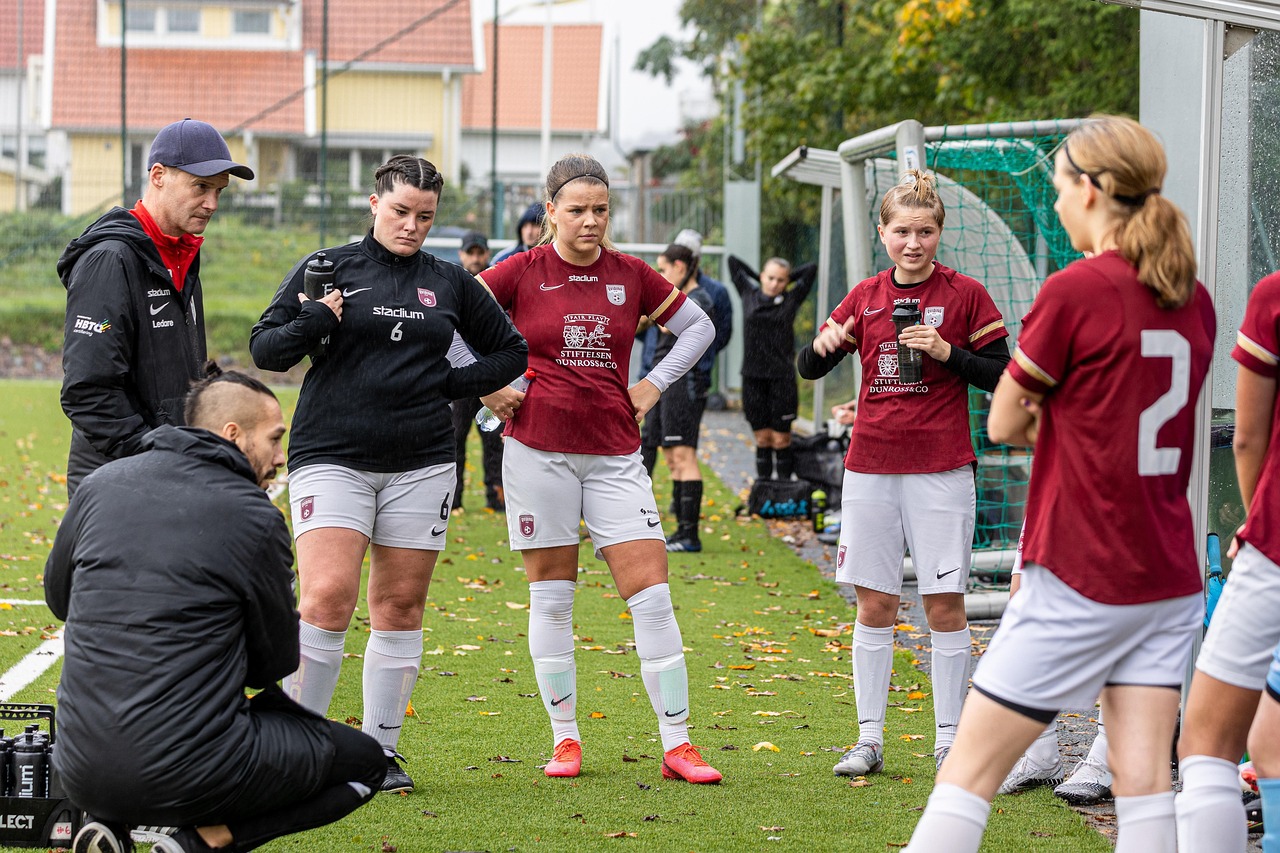
USMNT Faces Crucial Learning Moment After Gold Cup Loss
The United States men’s national team’s 2-1 defeat to Mexico in the 2025 Concacaf Gold Cup final marked a tough but defining moment. Despite the loss, this young squad showed significant growth over 40 days, moving past a humiliating 4-0 loss to Switzerland earlier in the year. They gained crucial experience in hostile environments and knockout games, improving their resilience and team cohesion along the way. The final exposed areas needing improvement but underscored the team’s potential heading into next year’s World Cup.
Key Player Developments During Gold Cup Run
Several players made important strides throughout the tournament. Defender Chris Richards solidified his starting role with a headed goal giving the USMNT an early lead in the final. Midfielders Diego Luna and Malik Tillman continued their upward trajectory, while newcomers like goalkeeper Matt Freese, right back Alex Freeman, and midfielder Sebastian Berhalter contributed positively. Tyler Adams highlighted the team’s resilience, noting many faced Mexico for the first time in a hostile stadium atmosphere, gaining invaluable experience.

Tactical Mistakes That Cost The Final
The 2-1 loss revealed tactical weaknesses that must be addressed. Finishing was not clinical enough—Luna’s missed shot in the first half was a costly chance. Defensively, marking on set pieces faltered, especially on Mexico’s game-winning header by Edson Álvarez, where Patrick Agyemang’s challenge fell short. Malik Tillman’s uneven performance also hurt the team at a critical moment. These errors compounded the USMNT’s ongoing struggle to maintain possession, with costly turnovers under pressure that exposed their inexperience.

Impact Of Controversial Refereeing On The Outcome
Concacaf refereeing decisions played a controversial role in the final. Mexico’s Jorge Sánchez appeared to handle the ball in the box in the 66th minute without penalty, a call USMNT manager Mauricio Pochettino described as embarrassing. Richards also criticized the officiating, pointing out an offside block that was allowed to stand. Such decisions highlight the ongoing challenge USMNT faces in this competition, where refereeing inconsistencies can influence critical moments and require mental toughness to overcome.

Mexico’s Advantage With Experienced Players
Mexico fielded more of their first-choice players, which showed throughout the match. Their experience helped them exploit the USMNT’s defensive vulnerabilities, particularly defending near-post corners, where the game-winning goal originated. Their superior possession skills forced the US team into uncomfortable situations, emphasizing the gap in composure and ball control. This contrast underlines the need for the USMNT to improve technical skills and game management as they prepare for tougher international challenges.

Future Opportunities For Young Players To Cement Roles
The tournament was a testing ground for many young players who will need to build on this experience. Not all will make the next World Cup roster, but they must be ready when called upon. September’s international window offers a crucial chance for these players to prove their growth. Veteran Tim Ream stressed that the group is no longer inexperienced and must use these lessons to close out games. Their ability to adapt and learn quickly will be essential for the team’s long-term success.
Coaching Lessons And Team Culture Moving Forward
For manager Mauricio Pochettino and his staff, the Gold Cup was a first international tournament that provided clarity on who fits their system and culture. Pochettino values the grit and bond formed during the 40-day camp, which was absent earlier in the year. He plans to evaluate all players on form, fitness, and attitude rather than automatically recalling veterans like Christian Pulisic or Weston McKennie. This approach aims to maintain a strong team culture focused on effort and resilience as the foundation for future success. ## Leadership And Culture Will Drive Next Phase Of USMNT. Leadership is emerging among players like Chris Richards, who, along with veterans, will be responsible for instilling Pochettino’s culture in upcoming squads. Tim Ream emphasized that understanding standards on and off the field is key as the roster evolves. This culture of accountability and professionalism must be maintained across club and country to ensure continuity. The new leaders will be pivotal in helping integrate new players and pushing the team toward its goal of a deep run in the 2026 FIFA World Cup hosted by the United States.